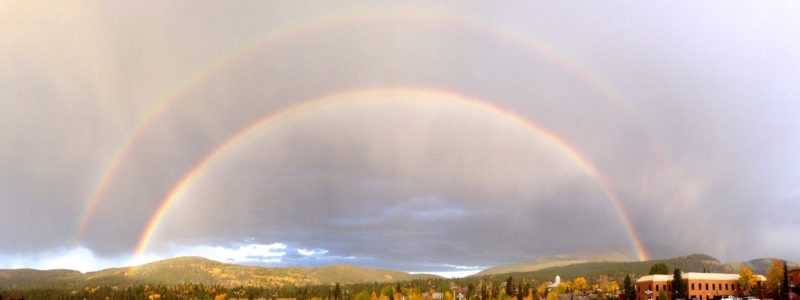 Have you ever stopped to think about how your history, the era in which you grew up, affects your perspective? I had a conversation last week with a friend and we talked about how when we were growing up your family had one phone and it was attached to the wall. There was no such thing as an answering machine or voicemail. If someone called you and you weren’t home they simply called back later. And, they weren’t frustrated because you didn’t answer or that they couldn’t reach you. This story isn’t a case of the old – “I had to walk five miles to school, uphill, both ways, in a snow storm and you didn’t hear me complain about it.” It is a look back at how different context is depending on when you grew up, your history, your experiences.
Have you ever stopped to think about how your history, the era in which you grew up, affects your perspective? I had a conversation last week with a friend and we talked about how when we were growing up your family had one phone and it was attached to the wall. There was no such thing as an answering machine or voicemail. If someone called you and you weren’t home they simply called back later. And, they weren’t frustrated because you didn’t answer or that they couldn’t reach you. This story isn’t a case of the old – “I had to walk five miles to school, uphill, both ways, in a snow storm and you didn’t hear me complain about it.” It is a look back at how different context is depending on when you grew up, your history, your experiences.
I think the conversation started because I had seen an old movie and the detectives had to find a pay phone to call the station to get and give updates. Think about how ridiculous that would be today. It would seem unimaginable to anyone who has grown up in the age of cell phones and the internet. And, don’t forget foldable maps vs GPS.
I know I have told this story before and it bears repeating. When John and I graduated from college we decided to move wherever the first job took us. I got the first job and we moved to Chicago. We had trouble getting electricity and gas turned on in our apartment because they didn’t want to count my income. I was a woman, you know, and 40 years ago that income didn’t count. Yikes! Again, unimaginable in this day and age.
Sometimes context and perspective are cultural. Think about how very differently cultures view what is important. When John and I were in Tuscany we were startled to find stores and many restaurants closed for several hours at lunch time. We learned to plan out our day so that we would be at the right place at the right time in order to have lunch. Rather than jumping to judgment because it was so different than at home, we adapted and embraced that rhythm. It made for an interesting and relaxed trip.
One reason to notice different contexts and perspectives is to recognize when you jump into the space of judgment about those differences. I think many conflicts occur because we assume that people have the same perspective as we do and that they have to same context. When we are able to step back and recognize those differences as simply differences rather than judge them as wrong, we have a greater opportunity to connect in an expanded way.
What disconnects have you noticed in your life that might be explained by recognizing a difference in perspective? Here’s one tip; when you begin to feel that you are trying to convince someone you might take a quick internal inventory and see if your perspectives or context are different. If so, step back and see how you might find some common ground.

Comments are closed.